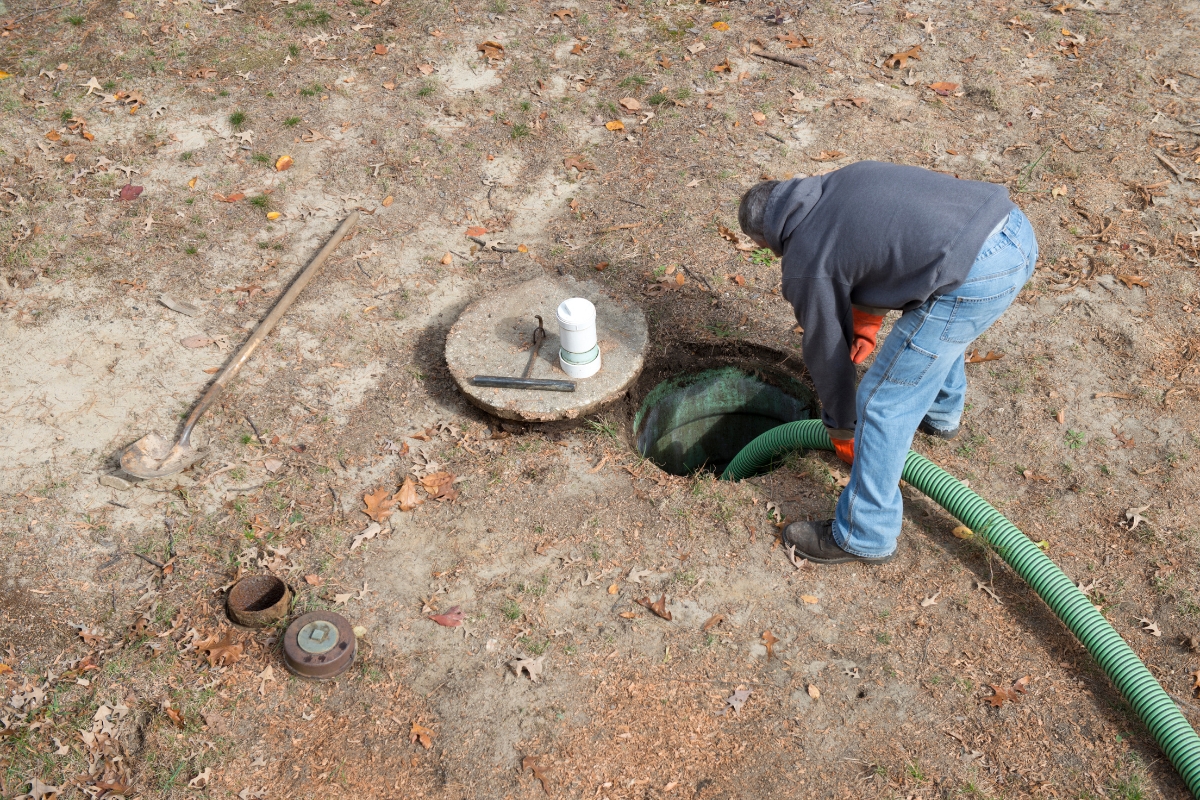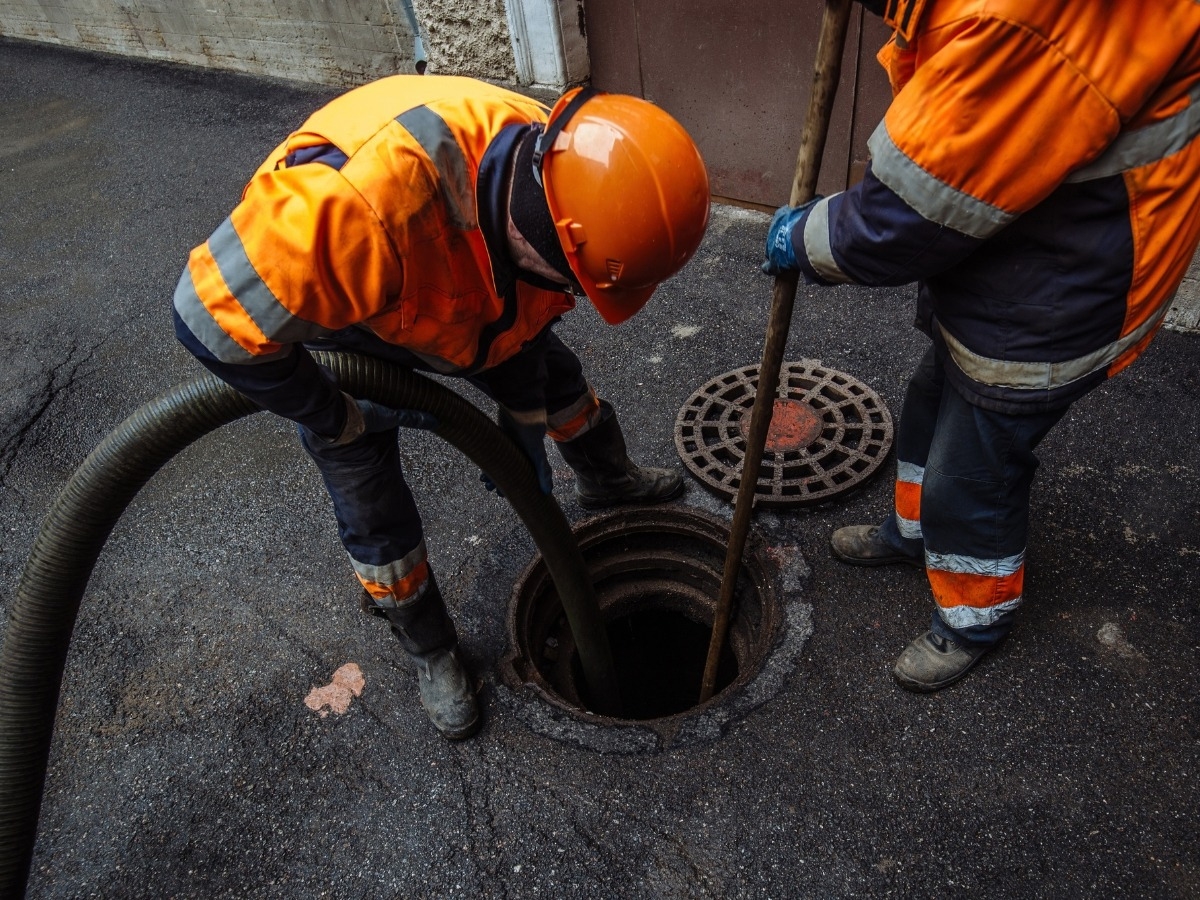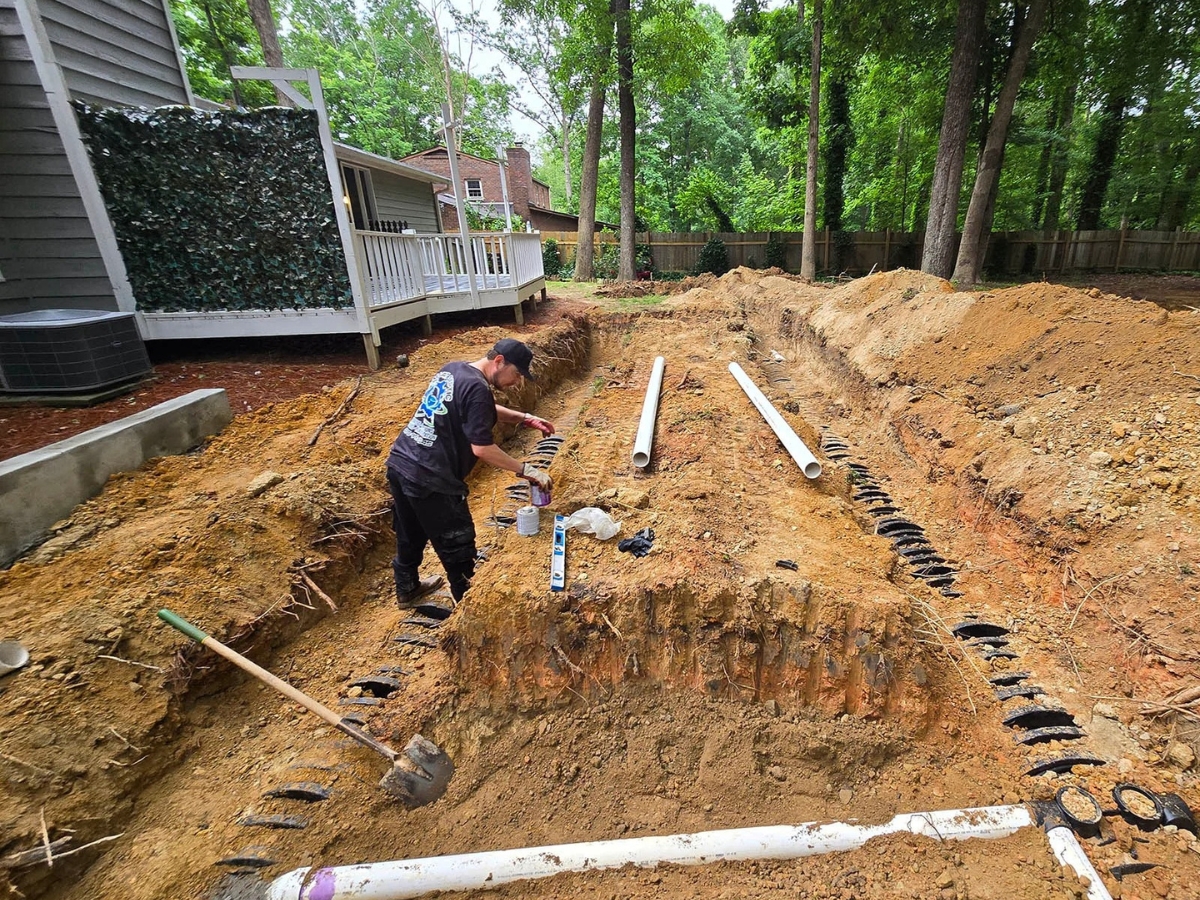Living in the countryside offers the serenity and charm of wide-open spaces and a close connection to nature, but it also presents unique challenges, particularly when it comes to waste management.
Rural septic systems are essential for handling wastewater in areas where municipal sewage systems are unavailable. These systems require careful planning, regular maintenance, and understanding of environmental factors to function effectively.
In this guide, we’ll explore the everyday challenges faced by rural septic systems, from installation and maintenance to environmental impact and regulation compliance.
Whether you’re a new homeowner in the country or a seasoned rural resident embarking on a home renovation, discover practical solutions and insights to ensure your septic system operates smoothly, allowing you to enjoy the benefits of country living without the headaches.
Rural Living Made Easy: Mastering the Art of Septic Systems
Understanding Rural Septic Tank Systems
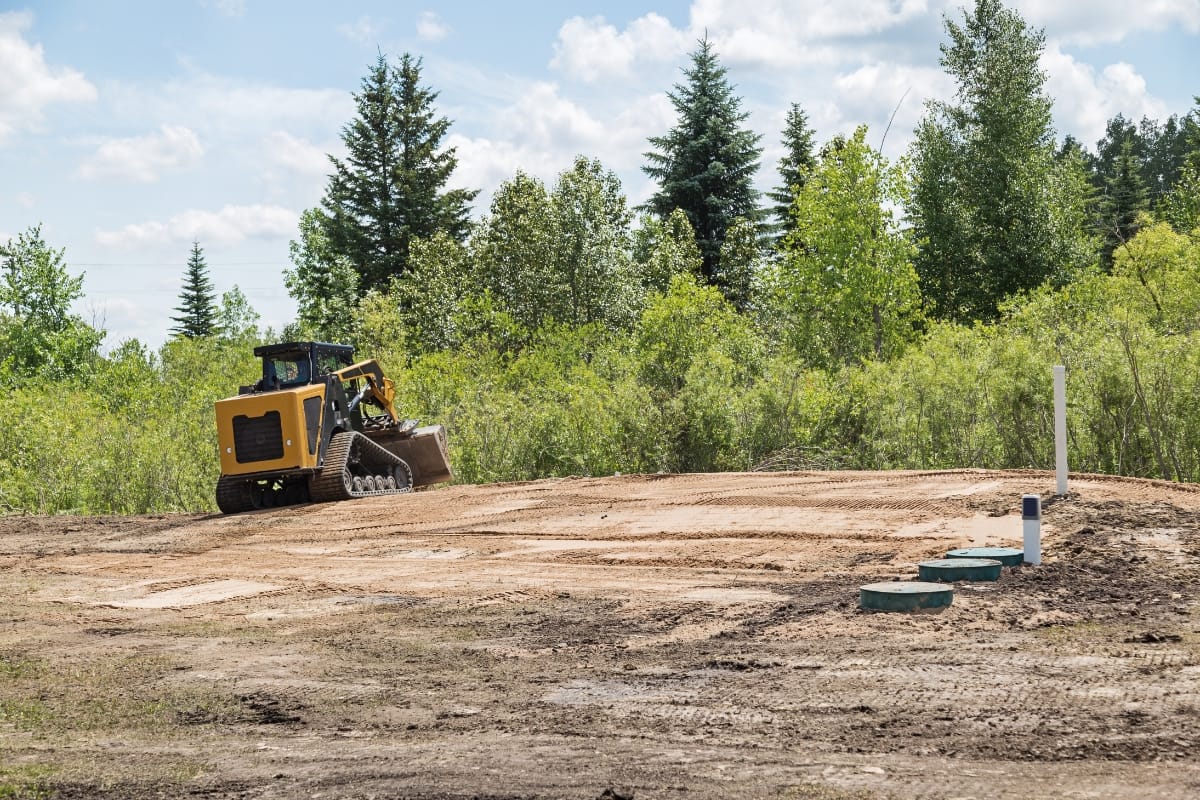
Rural systems are a vital component of country living, responsible for managing and treating wastewater from homes and properties that are not connected to a municipal sewer system. These systems consist of a septic tank, which collects and separates solid waste from liquid waste, and a drain field or leach field, where the treated wastewater is dispersed into the soil.
It is important to have a basic understanding of how a rural septic system works to ensure its proper functioning. When wastewater enters the septic tank, solids settle at the bottom while oils and greases float to the top. Bacteria in the tank break down the solid waste, converting it into sludge that needs to be pumped out periodically. The liquid portion of the wastewater flows out of the tank and into the drainfield, where it is further treated by naturally occurring bacteria in the soil.
Maintaining a healthy balance within your septic system is crucial for its longevity and efficiency. Regular maintenance tasks such as pumping out accumulated sludge, inspecting for leaks or damage, and being mindful of what goes down your drains can help prevent costly repairs and ensure that your rural septic system operates smoothly.
Importance of Regular Maintenance

Regular maintenance is crucial when it comes to rural systems. These systems play a vital role in ensuring a smooth living experience in the countryside. Neglecting maintenance can lead to a host of challenges that can disrupt daily life in rural areas.
When it comes to rural systems, regular maintenance is not just a suggestion; it is a necessity. These systems are responsible for managing wastewater in areas where centralized sewage systems are not available. Proper maintenance ensures that these systems function efficiently, preventing backups and costly repairs.
One of the key reasons why regular maintenance is essential for rural septic systems is to prevent system failure. Over time, sludge and scum can build up in the tank, reducing its capacity to treat wastewater effectively. Regular pumping and inspections help to remove these accumulations, keeping the system in optimal working condition.
Regular maintenance also helps to identify and address potential issues before they escalate. By conducting routine inspections, homeowners can catch small problems early on and prevent them from turning into major repairs. This proactive approach can save both time and money in the long run.
Additionally, regular maintenance of rural septic systems is essential for protecting the environment. A malfunctioning septic system can leak harmful bacteria and contaminants into the soil and groundwater, posing a threat to public health and the local ecosystem. By maintaining these systems properly, homeowners can do their part in preserving the environment.
Signs of Septic System Troubles

When it comes to rural septic systems, being aware of signs indicating troubles is crucial for maintaining a problem-free setup. Ignoring these signs can lead to costly repairs and potential health hazards. Here are key indicators that your rural septic system might be experiencing issues:
- Unpleasant Odors: Foul smells around your property, especially near the septic tank or drain field, could signify a problem. This odor is a result of gases escaping due to a clog or overflow in the system.
- Slow Draining Fixtures: If sinks, toilets, or showers are draining slowly, it could indicate a blockage or full tank. This slow drainage is a clear red flag that your rural septic system needs attention.
- Pooling Water: Puddles of water forming near the septic drain field or septic tank are a sign of a leak or overflow. This standing water can be a breeding ground for bacteria and poses health risks to residents.
- Lush Green Grass: While green grass may seem like a good sign, an unusually lush and green patch over the drain field can indicate that the system is leaking wastewater, acting as a fertilizer for the grass.
- Gurgling Sounds: Hearing gurgling noises from drains or toilets when water is running suggests air bubbles in the pipes due to a clog or blockage. This could mean that the septic system is struggling to handle the load.
- Backup in Drains: Sewage backup in drains, especially in the lowest drains of the house, indicates a severe issue in the septic system. Immediate professional intervention is necessary to prevent further damage.
- High Nitrate Levels: Regular water testing revealing high nitrate levels can indicate septic system failure. Nitrates from wastewater can contaminate groundwater, posing risks to both human health and the environment.
- Age of System: If your rural septic system is old or hasn’t been inspected in years, it’s wise to proactively look for signs of trouble. Aging systems are more prone to failure and may require upgrades or replacements.
By recognizing these signs of septic system troubles early on, rural homeowners can address issues promptly, ensuring the efficient and safe functioning of their septic tank systems. Regular maintenance and inspections are key to preventing major problems and maintaining a healthy living environment in rural areas.
Common Septic System Issues in Rural Areas
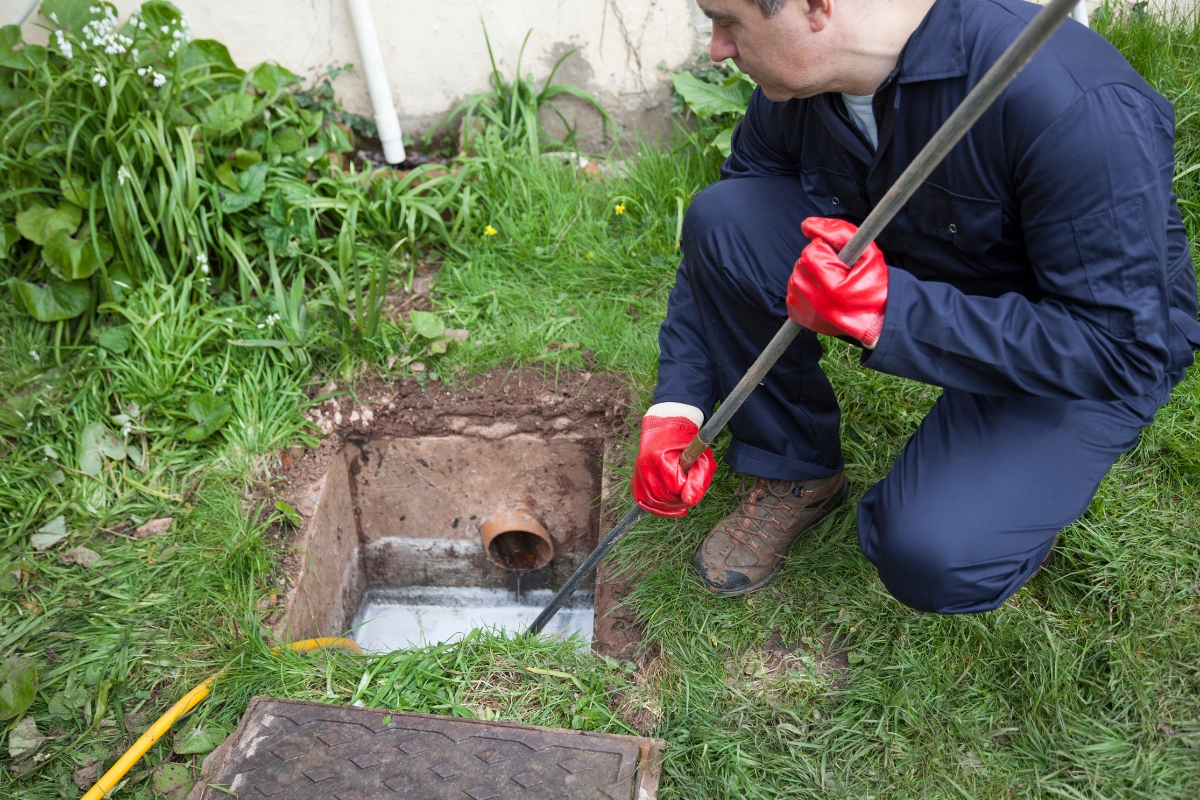
Living in rural areas often means relying on septic systems for waste management. While these systems are efficient, they come with their own set of challenges that homeowners in the countryside need to be aware of. Let’s explore some common septic system issues that are frequently encountered in rural areas and how to tackle them effectively.
- Overflowing Tanks: One of the primary issues faced by rural septic systems is overflowing tanks. This can happen due to a build-up of solid waste or a clog in the system. Regular maintenance and pumping of the tank can help prevent this issue. Additionally, being mindful of what goes down the drains can go a long way in avoiding blockages.
- Drain Field Problems: The drain field is a crucial component of a septic system, responsible for filtering and dispersing wastewater. Issues such as water pooling on the surface or foul odors can indicate problems with the drain field. Proper landscaping and avoiding heavy machinery over the area can help prevent damage to this essential part of the system.
- Root Infiltration: In rural areas, tree roots can pose a significant threat to septic systems. Roots seeking moisture and nutrients can infiltrate pipes and cause blockages or damage. Regular inspections and planting trees away from the septic system can help mitigate this risk.
- Soil Compaction: Heavy machinery, vehicles, or structures built over the septic system can lead to soil compaction. Compacted soil hinders the absorption of wastewater, leading to backups and system failures. It’s essential to avoid placing any heavy objects over the septic system and maintain a healthy soil structure.
- Old or Faulty Components: Over time, septic system components can wear out or become faulty, leading to inefficiencies or malfunctions. Regular inspections by professionals can help identify any aging or failing parts that need replacement. Investing in quality components can also prolong the lifespan of the septic system.
- Harsh Chemicals: The use of harsh chemicals in cleaning products can disrupt the balance of bacteria in the septic tank, affecting its functionality. Opting for septic-safe products and minimizing the use of chemicals can help maintain a healthy microbial environment within the system.
By being proactive in maintenance, mindful of what goes into the system, and addressing issues promptly, homeowners in rural areas can effectively tackle common septic system challenges. Proper care and attention to the septic system not only ensure its longevity but also contribute to a healthier environment for rural living.
Impact of Weather on a Septic Tank

When it comes to rural systems, one crucial factor that significantly affects their functionality is the weather. The impact of weather on systems is something that cannot be overlooked, as it plays a vital role in the system’s operation and maintenance.
During periods of heavy rainfall, rural septic tanks can face challenges such as oversaturation of the drain field. This oversaturation can lead to the system’s inability to properly filter and treat wastewater, resulting in potential backups and septic system failures. Therefore, it is essential for individuals with rural systems to be mindful of weather forecasts and take proactive measures to prevent issues during rainy seasons.
Conversely, in times of drought or extended dry spells, rural systems may encounter problems due to lack of moisture in the soil. Insufficient moisture levels can hinder the natural breakdown of waste within the system, leading to clogs and blockages. In such situations, homeowners need to be cautious and implement water conservation practices to ensure the proper functioning of their septic systems.
Snow and freezing temperatures present another set of challenges for rural systems. The freezing of wastewater within the pipes or septic tank can cause blockages and potential damage to the system. Proper insulation and periodic maintenance checks are crucial during the winter months to prevent freeze-ups and costly repairs.
Moreover, extreme weather events such as hurricanes or floods can pose serious threats to rural systems. Floodwaters can overwhelm the system, causing it to malfunction and potentially contaminate the surrounding area with untreated wastewater. It is imperative for homeowners to have emergency plans in place to safeguard their systems during such calamities.
Eco-Friendly Practices for Septic System Care

Taking care of rural septic systems is crucial for sustainable living in the countryside. Eco-friendly practices not only help maintain the system but also ensure minimal impact on the environment. Here are some tips to effectively care for your septic system in a rural setting:
- Regular Pumping: Scheduled pumping of the septic tank is essential for preventing clogs and system failure. Hire a professional service every 3-5 years to remove sludge and scum buildup.
- Water Conservation: Being mindful of water usage helps in maintaining the balance within the septic system. Fix leaks promptly, install low-flow fixtures, and spread out laundry loads to prevent overloading the system.
- Biodegradable Products: Use septic-safe and biodegradable products for cleaning and personal care. Harsh chemicals can disrupt the natural breakdown process in the septic tank.
- Proper Waste Disposal: Avoid flushing non-biodegradable items like wipes, paper towels, and chemicals down the drain. These can clog the system and harm the beneficial bacteria breaking down waste.
- Maintain Drainfield: Protect the drainfield by avoiding parking cars or heavy machinery on it. Plant grass or shallow-rooted plants to prevent soil erosion and maintain proper drainage.
- Regular Inspections: Schedule regular inspections by professionals to catch any issues early on. Detecting problems like leaks or blockages promptly can prevent costly repairs later.
- Compost Organic Waste: Set up a composting system for organic kitchen waste instead of disposing of it down the garbage disposal. This reduces the load on your septic system.
- Grease Disposal: Properly dispose of grease and cooking oils by collecting them in a container and throwing them in the trash. Grease can solidify in the pipes and cause blockages.
By implementing these eco-friendly practices, rural septic systems can function efficiently while promoting a sustainable lifestyle in the countryside. Remember, caring for your septic system is not just beneficial for your property but also for the surrounding environment.
Professional Services for Septic System Maintenance
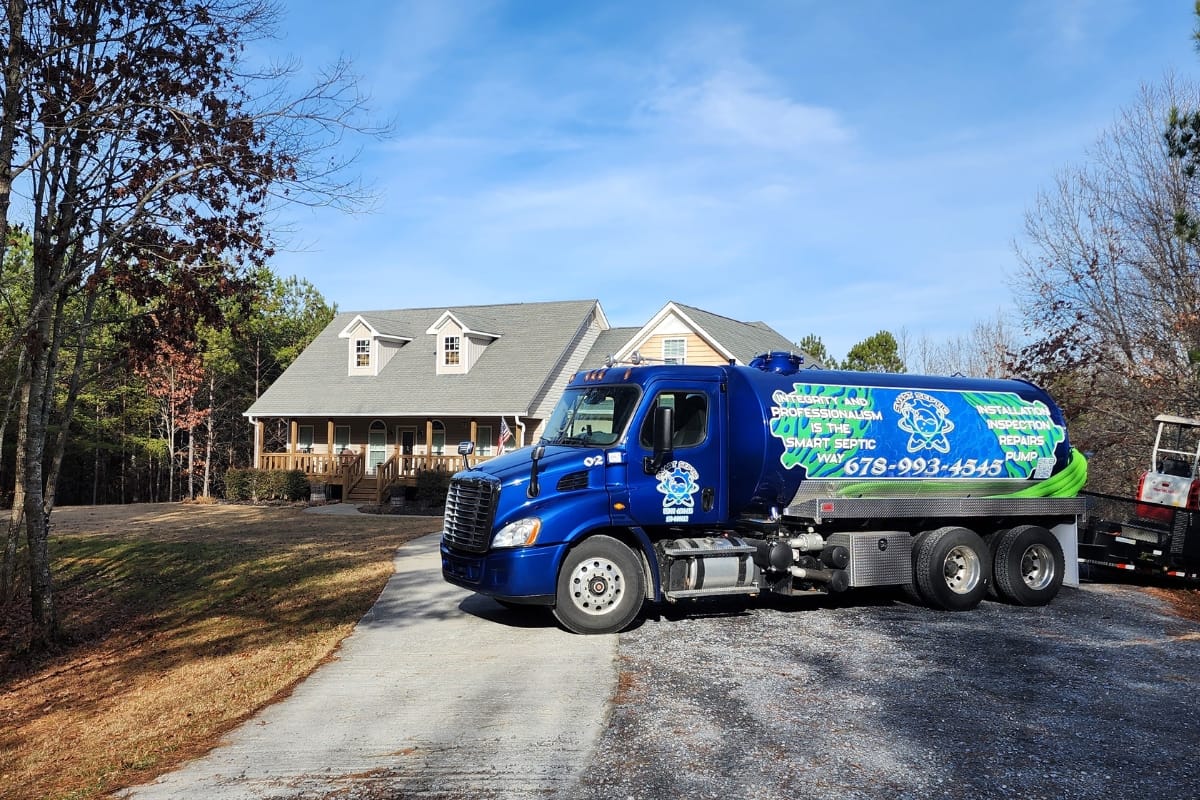
When it comes to maintaining rural septic systems, professional services play a crucial role in ensuring smooth operations and preventing potential issues. Professional services for septic system maintenance offer expertise and specialized care tailored to the unique needs of rural septic systems.
Regular inspection and pumping are essential for rural septic systems to function efficiently. Professional service providers have the knowledge and equipment to conduct thorough inspections and determine the frequency of pumping based on the system’s size and usage.
In addition to routine maintenance, rural septic system pros include proactive measures to prevent problems such as backups and leaks. These services may involve drain field maintenance, septic tank additives, and repairs to damaged components.
Professional septic system technicians are trained to identify early signs of trouble and address them before they escalate into costly repairs. They can also provide guidance on best practices for homeowners to maintain their septic systems effectively.
By investing in professional services for septic system maintenance, rural homeowners can enjoy peace of mind knowing that their essential waste management system is in good hands. Regular maintenance not only prolongs the lifespan of the septic system but also contributes to a healthier environment for the surrounding community.
Upgrading Your Septic System: When is it Necessary?
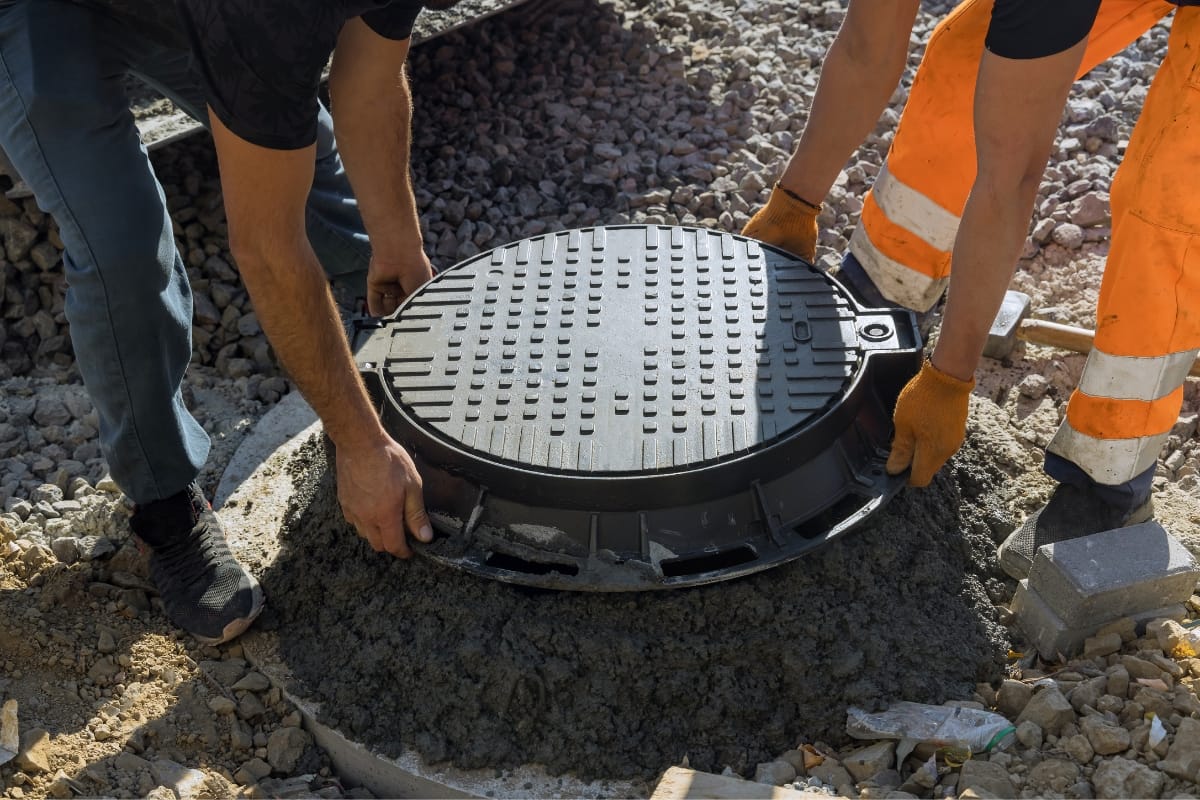
When it comes to rural septic systems, staying proactive is key to avoiding potential issues. Understanding when to upgrade your septic system is crucial in maintaining a healthy and efficient system for your country living.
- Age of the System: Conventional septic systems have a lifespan, typically ranging from 20 to 40 years. If your system is approaching or has surpassed this timeline, it might be time for an upgrade.
- Frequent Backups: If you notice frequent backups in your drains or toilets, it could indicate that your current system is struggling to handle the load. Upgrading to a larger or more efficient system can help prevent this issue.
- Water Pooling: Water pooling around the drain field or septic tank area can be a sign of a failing system. Upgrading to a new system can help prevent environmental contamination and health hazards.
- Changes in Household Size: If your household has grown in size since the installation of your septic system, it might be time to consider an upgrade to accommodate the increased water usage and waste production.
- Regulatory Compliance: Changes in local regulations regarding septic systems may require you to upgrade your system to meet new standards. Staying compliant not only ensures the safety of your surroundings but also avoids potential fines. Benefits of Upgrading
- Improved Efficiency: Upgrading your rural septic system can lead to better wastewater treatment, reducing the risk of contamination and improving overall system performance.
- Long-Term Cost Savings: While upgrading your septic system may require an initial investment, it can save you money in the long run by avoiding costly repairs and environmental cleanup.
- Enhanced Property Value: A well-maintained and upgraded septic system can add value to your property, especially if you plan to sell in the future.
- Environmental Protection: Upgrading to a more advanced septic system can help minimize the environmental impact of wastewater disposal, promoting a cleaner and healthier environment.
Knowing when to upgrade your rural septic system is essential for maintaining a sustainable and healthy living environment. By staying vigilant for signs of system distress and understanding the benefits of upgrading, you can make informed decisions to ensure the longevity and efficiency of your septic system.
Conclusion: Embracing the Challenges of Rural Living
Rural septic systems are an integral part of country living, requiring attention and care to ensure their proper functioning. By understanding how these systems work, being proactive in maintenance, and adopting eco-friendly practices, you can overcome the challenges associated with rural systems.
Have a rural septic system in Holly Springs, Acworth or the metro Atlanta area? Ensuring that your septic system runs efficiently and reliably is crucial for maintaining a healthy and comfortable living environment. For expert septic solutions and dependable service, trust Smart Septic Pros.
Our experienced team is dedicated to helping you tackle the challenges of country living with effective septic system management. Contact us at 678-993-4545 or visit our website to fill out the contact form for a service request, and let’s get started today!
